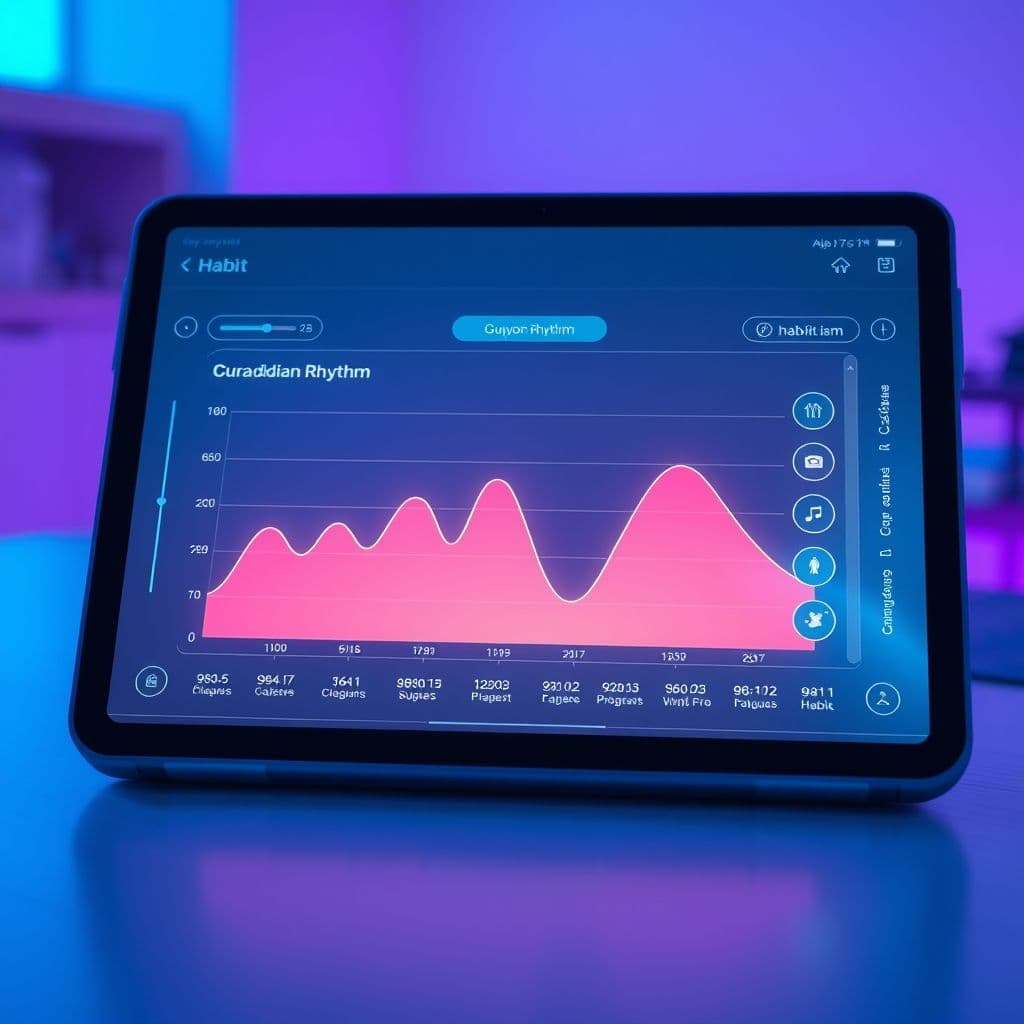Revolutionizing Time Management: How an AI-Powered SaaS Could Transform Your Productivity

In today's fast-paced world, effective time management remains a universal challenge. From students to professionals, many struggle to balance responsibilities while maintaining energy levels. The viral TikTok video discussing 'habit stacking' and outsourcing reveals a clear pain point: people need smarter ways to organize their time without burning out. What if an AI-powered SaaS tool could analyze your routines and automatically suggest optimized habit stacks?
The Productivity Paradox: Why Current Methods Fail
The comments section paints a vivid picture of common struggles: undiagnosed ADHD individuals needing structure, creators battling social media time drains, and night owls forced into morning routines. Traditional productivity methods often fail because they don't account for individual chronotypes (natural energy peaks) or cognitive differences. As one commenter noted, 'Most productive in the morning & evening but I don't have much energy around 2-4' - a pattern that standard 9-5 schedules ignore.

The SaaS Solution: AI-Powered Habit Optimization
Imagine a tool that combines three revolutionary approaches: 1) Time Auditing AI that tracks your actual energy patterns (not assumed schedules), 2) Smart Habit Stacking that pairs existing routines with new goals (like attaching sermons to breakfast), and 3) Personalized Outsourcing Recommendations based on your pain points (like the user who automated laundry and cleaning). This hypothetical platform would use machine learning to identify your unique productivity windows and suggest micro-habits that compound over time.
Key features might include: Chronotype-adjusted scheduling that respects energy dips, Context-aware habit suggestions (e.g., 'Since you always shower after dinner, add teeth-brushing here'), and Integration with task marketplaces for seamless outsourcing. For ADHD users, the system could employ gamification and sensory-friendly reminders tailored to their needs.

Real-World Applications
Consider these scenarios: A content creator receives automated suggestions to batch-record during their morning energy peak while outsourcing thumbnail design. A law student gets prompted to listen to case reviews during their commute (habit stacking). A night owl parent sees their schedule automatically shifted to capitalize on late-night focus hours while protecting afternoon nap time. The system would continuously refine its suggestions based on user feedback and outcome tracking.
Conclusion
While such a comprehensive tool doesn't yet exist, the overwhelming demand seen in the TikTok comments suggests a massive market need. By combining AI-driven personalization with behavioral science principles like habit stacking, a future SaaS could finally bridge the gap between our intentions and our limited time. Perhaps the most revolutionary aspect would be its ability to help users define - and achieve - their own version of productivity without guilt or comparison.
Frequently Asked Questions
- How would this SaaS tool differ from existing calendar apps?
- Unlike static calendars, this hypothetical solution would actively learn your patterns (energy levels, habit success rates) and dynamically adjust suggestions. It would focus on 'when you can' rather than 'when you should' be productive.
- Could this help with ADHD time management challenges?
- Potentially yes - by incorporating sensory-friendly reminders, gamified task completion, and leveraging existing routines (like the shower toothbrush example from the comments), it could reduce the executive function burden.
- What would prevent users from feeling controlled by the AI?
- The system would prioritize user agency - offering opt-in suggestions rather than mandates, with clear controls to override recommendations. The goal would be augmentation, not replacement, of human decision-making.


